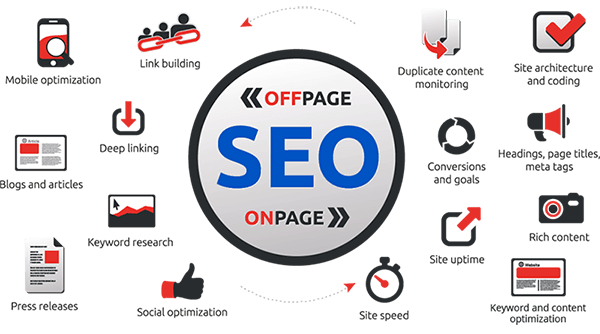Search Engine Optimization
Search engine optimization (SEO) is the art and science of getting pages to rank higher in search engines such as Google, Yahoo, and Bling. Because search is one of the main ways in which people discover content online, ranking higher in search engines can lead to an increase in traffic to a website.
The Benefits Of SEO
Search engine optimization is a key part of online marketing because search is one of the primary ways that users navigate the web. In 2018, over 4 trillion searches were conducted worldwide across search engines such as Google, Bing, Yahoo, Baidu, and Yandex. For most websites, traffic that comes from search engines (known as "natural" or "organic" traffic) accounts for a large portion of their total traffic. Search results are presented in an ordered list, and the higher up on that list a site can get, the more traffic the site will tend to receive. For example, for a typical search query, the number one result will receive 40-60% of the total traffic for that query, with the number two and three results receiving significantly less traffic. Only 2-3% of users click beyond the first page of search results.


